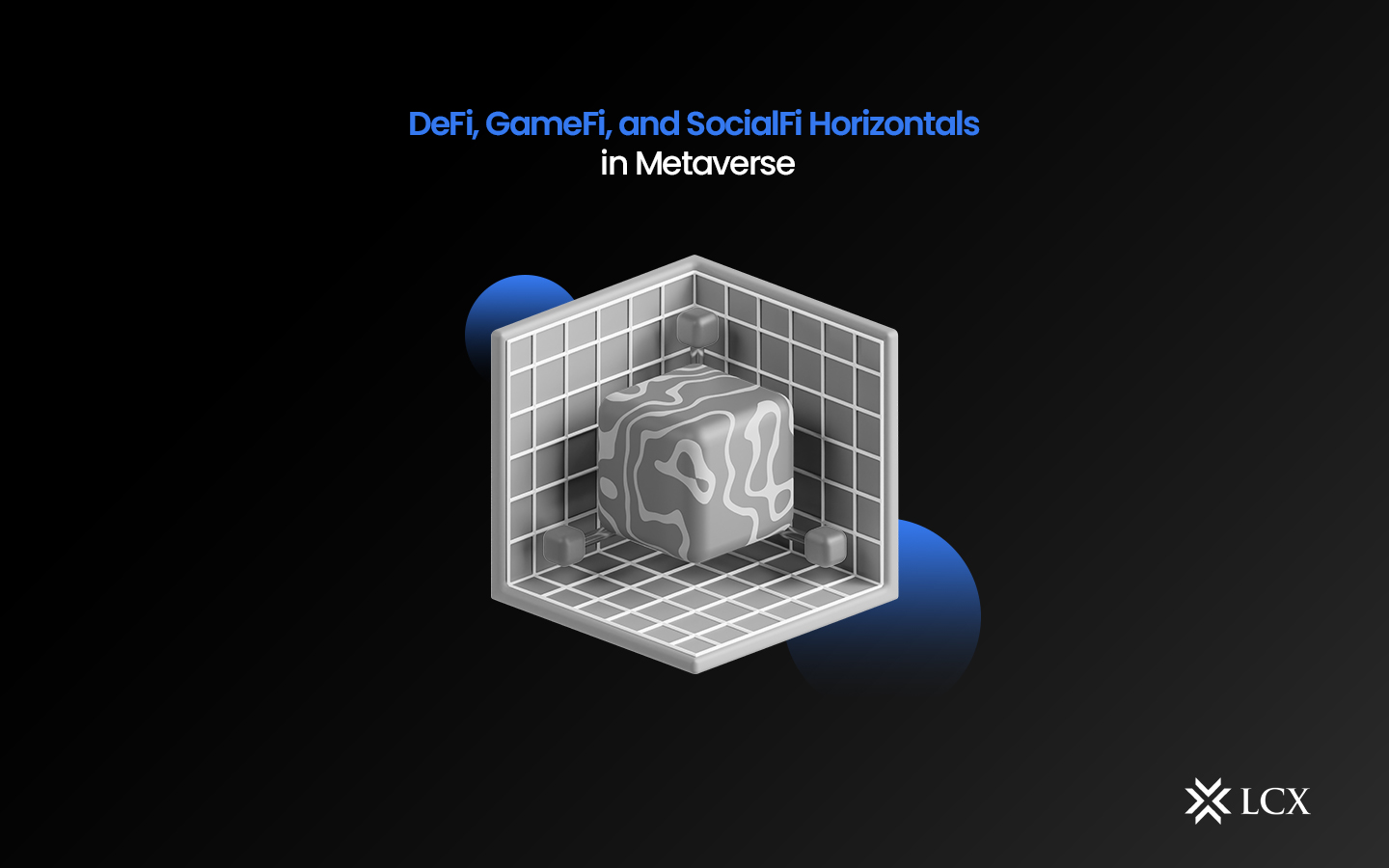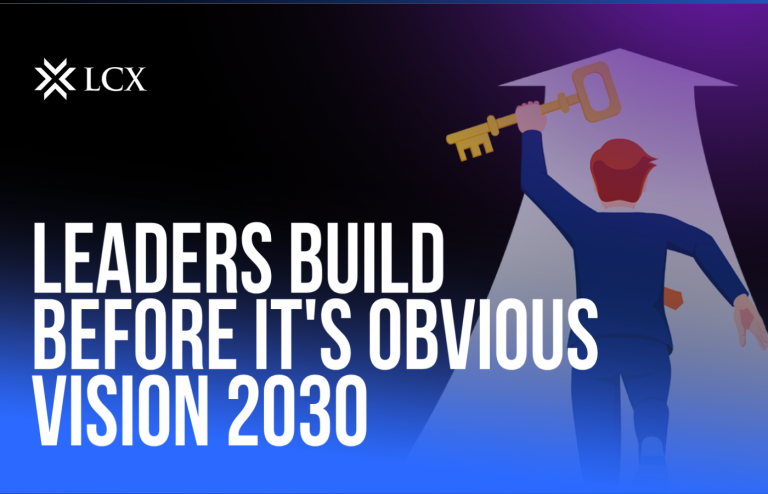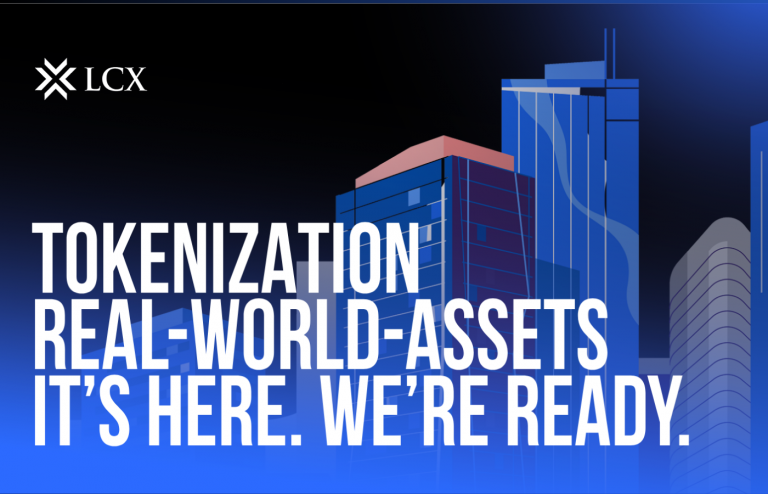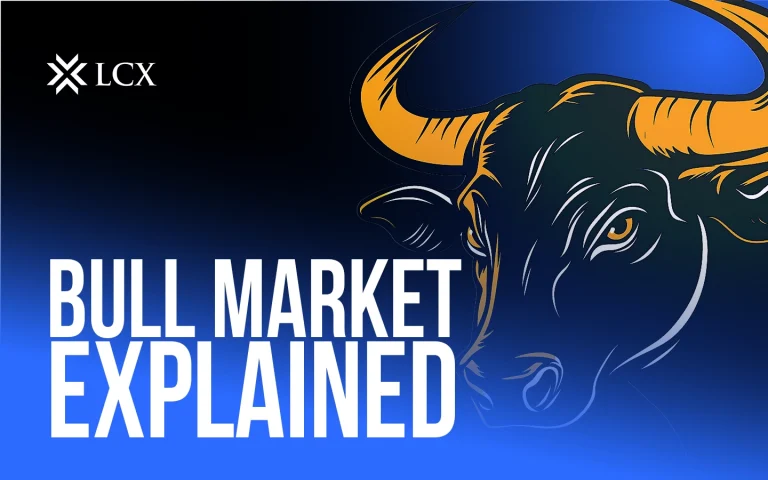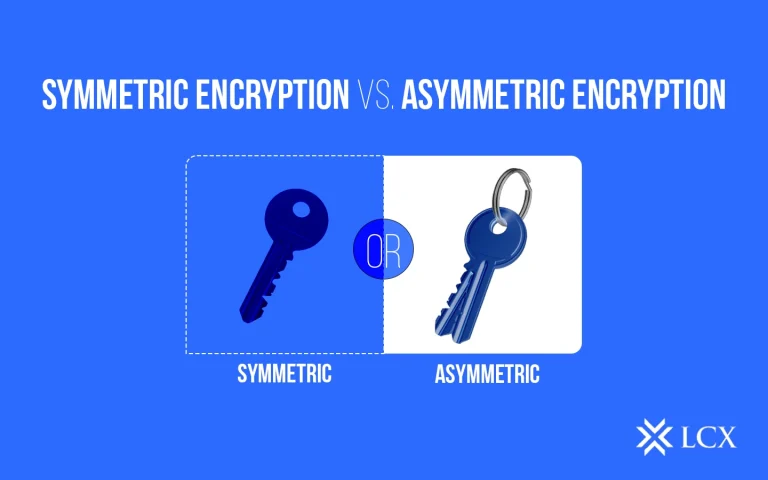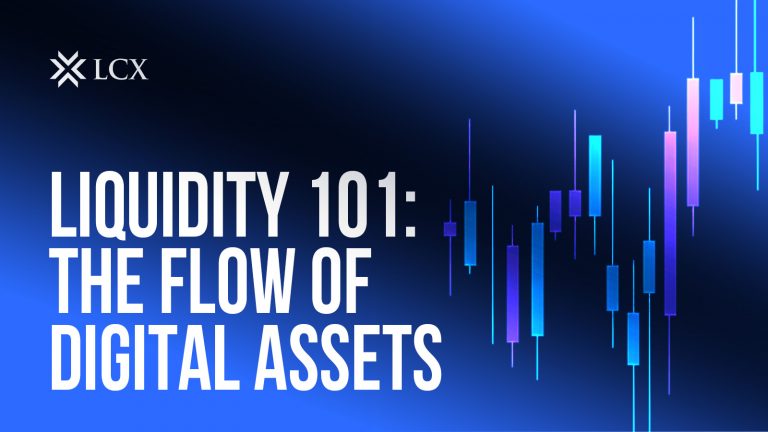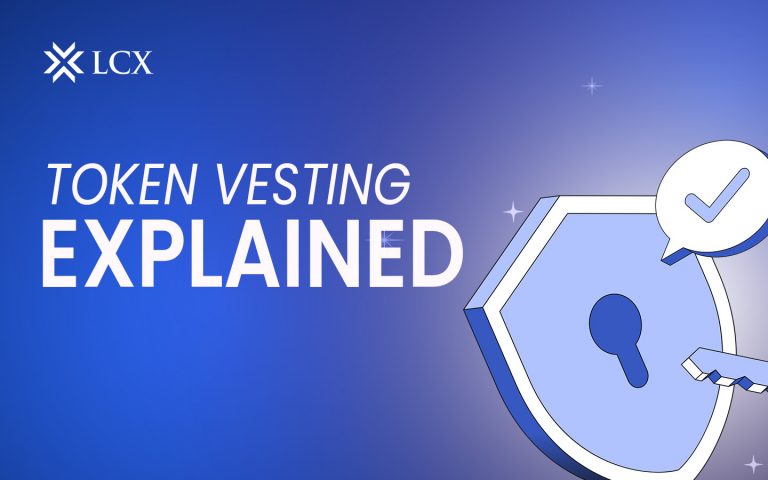Blockchain technology has paved the way for groundbreaking revolutions in the digital landscape, propelling us towards the metaverse. In this interconnected virtual universe, people engage, interact, and conduct business in unprecedented ways. Within this evolving landscape, three verticals—DeFi, GameFi, and SocialFi—are emerging as the driving forces behind the metaverse’s rapid growth. DeFi, GamiFi, and SocialFi elements ensure the existence and scalability of the metaverse alongside blockchain networks, smart contracts, virtual reality, and other decentralized platforms.
For the metaverse to scale, perfect coordination between DeFi, GameFi, and SocialFi is essential. In other terms, DeFi would be responsible for the financial aspects, GameFi for the experience aspects, and SocialFi for the credibility issues involving economic actors. For the metaverse to scale as an open-source ecosystem, DeFi, GamiFi, and SocialFi must work in unison. DeFi would handle the financial aspects, GameFi would handle the experiential aspects, and SocialFi would handle the credibility issues involving economic actors. In this blog, we will delve into the intricacies of these horizontal verticals, exploring their unique features and significant implications for the future of digital economies.
Convergence of DeFi, GamiFi, and SocialFi Horizontals in the Metaverse
Decentralized Finance (DeFi): Reinventing Financial Systems
DeFi, short for decentralized finance, represents the reimagination of traditional financial systems on the blockchain. By leveraging smart contracts and decentralized applications (DApps), DeFi eliminates intermediaries and enables peer-to-peer financial transactions. In the metaverse, DeFi is revolutionizing the way we perceive and engage with money.
Within the metaverse, DeFi allows for a range of financial activities, such as lending, borrowing, staking, and yield farming. These activities are facilitated through decentralized platforms, enabling users to access financial services without relying on traditional institutions. DeFi protocols operate autonomously, governed by transparent and auditable code, ensuring trust and security.
Moreover, DeFi introduces novel concepts like liquidity pooling and automated market making, enhancing liquidity and enabling efficient trading within the metaverse. Users can participate in yield farming, where they provide liquidity to DeFi protocols and earn rewards in the form of tokens. This incentivizes active participation and fosters a vibrant ecosystem within the metaverse.
GameFi: Bridging Gaming and Finance
GameFi, the convergence of gaming and finance, is another prominent vertical reshaping the metaverse. By integrating blockchain technology, GameFi introduces ownership, scarcity, and value to in-game assets, allowing gamers to monetize their digital prowess and invest in virtual economies.
In the metaverse, GameFi enables players to earn and trade digital assets that hold real-world value. Gamers can generate income through play-to-earn mechanisms by completing in-game tasks, achieving milestones, or participating in competitive tournaments. These digital assets, commonly called non-fungible tokens (NFTs), can be bought, sold, and exchanged across various gaming platforms, creating a thriving economy within the metaverse.
Moreover, GameFi facilitates the creation of decentralized gaming ecosystems, where players can collaborate, compete, and govern the development and management of virtual worlds. Blockchain technology ensures transparency, security, and verifiable scarcity of in-game assets, providing a solid foundation for sustainable gaming economies in the metaverse.
SocialFi: Redefining Social Interactions
SocialFi represents the integration of social media platforms and decentralized technologies within the metaverse. It aims to redefine social interactions by empowering users with ownership, privacy, and control over their personal data while fostering new forms of community and collaboration.
Within the metaverse, SocialFi platforms leverage blockchain technology to offer users the ability to own and monetize their data. By utilizing self-sovereign identity solutions, users can have granular control over their personal information, choosing when and how it is shared. Additionally, blockchain-based reputation systems enable users to build trust and credibility, creating new opportunities for social and economic interactions.
Furthermore, SocialFi platforms facilitate the emergence of decentralized communities and virtual organizations, where individuals with shared interests and goals can collaborate and create value. Through tokenization and governance mechanisms, these communities can reward contributions, incentivize participation, and collectively make decisions, ensuring a fair and inclusive environment within the metaverse.
The Implications for the Future
The convergence of DeFi, GameFi, and SocialFi within the metaverse holds transformative implications for various stakeholders:
- Individuals: Participants in the Metaverse can benefit from financial inclusion, novel income streams, and new ways of socializing and collaborating.
- Entrepreneurs: The Metaverse offers a fertile ground for innovation, where entrepreneurs can build decentralized applications, gaming experiences, and social platforms, capturing value and creating thriving ecosystems.
- Corporations: Traditional businesses can explore partnerships and integrations within the Metaverse, tapping into new markets, customer bases, and revenue streams.
- Regulators: As the Metaverse evolves, regulators face the challenge of ensuring consumer protection, privacy, and security, while fostering innovation and economic growth.
Conclusion
In essence, the metaverse can only scale if DeFi, GameFi, and SocialFi operate in concert. DeFi would be responsible for the financial aspects, GameFi for the experiential aspects, and SocialFi for the credibility aspects of economic actors. DeFi, GameFi, and SocialFi emerge as horizontal verticals, reshaping the future of digital economies within this virtual universe. By enabling decentralized finance, bridging gaming and finance, and redefining social interactions, these verticals unlock unprecedented opportunities for individuals, entrepreneurs, corporations, and regulators alike. As we traverse further into the metaverse, embracing these transformative forces will be pivotal in shaping a vibrant, inclusive, and prosperous future.
